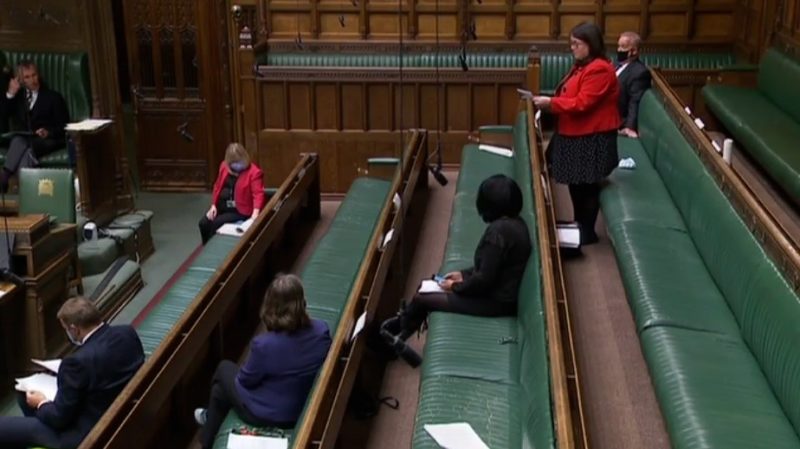
Tonight, I supported the Animal Welfare (Sentience) Bill at its Second Reading in the House of Commons. Animals can think, feel, and experience pain so must be protected from unnecessary suffering. The Bill ensures animals are recognised as sentient beings in law, as the government’s EU withdrawal Bill left a gap in our animal welfare legislation.
I am pleased that after years of dragging their feet on animal protection, the government has finally decided to act. Many of the animal welfare measures announced in the Queen’s Speech were lifted directly from Labour’s Animal Welfare Manifesto but the Conservative Party’s commitment to animal welfare is still lacking.
The Conservative Party is still turning a blind eye to loopholes in the Hunting Act and continue to allow trail hunting on government-owned land. Last year, despite promises not to, the government compromised on Britain’s high animal standards in a trade deal with Australia. This risks outsourcing animal cruelty in the supply chain to other countries.
I will continue to stand up for animal rights in Parliament and ensure that the government’s actions match its rhetoric on animal welfare.
The key measures contained in the Animal Welfare (Sentience) Bill include:
- Establishing and maintaining an animal sentience committee that will ensure UK Ministers have due regard to the welfare needs of animals when formulating and implementing government policy
- Empowering the committee with powers to publish reports giving its view on whether the government has given “all due regard” to the ways in which a given policy might have an adverse effect on the welfare of animals as sentient beings.
- Requiring the Secretary of State lay before Parliament a response to any report published by the animal sentience committee. Such a response would have to be provided within three months of the report’s publication.
- Making technical provisions to bring the animal sentience committee into the scope of existing transparency legislation, including the Public Records Act 1958 and the Freedom of Information Act 2000.
- Providing that an ‘animal’ under the terms of the legislation means any vertebrate other than homo sapiens and any cephalopod mollusc, and any decapod crustacean (following an amendment passed in the Lords).
- Applying provisions to England, Wales, Scotland and Northern Ireland, but the devolved competencies of the devolved administrations are explicitly excluded.

